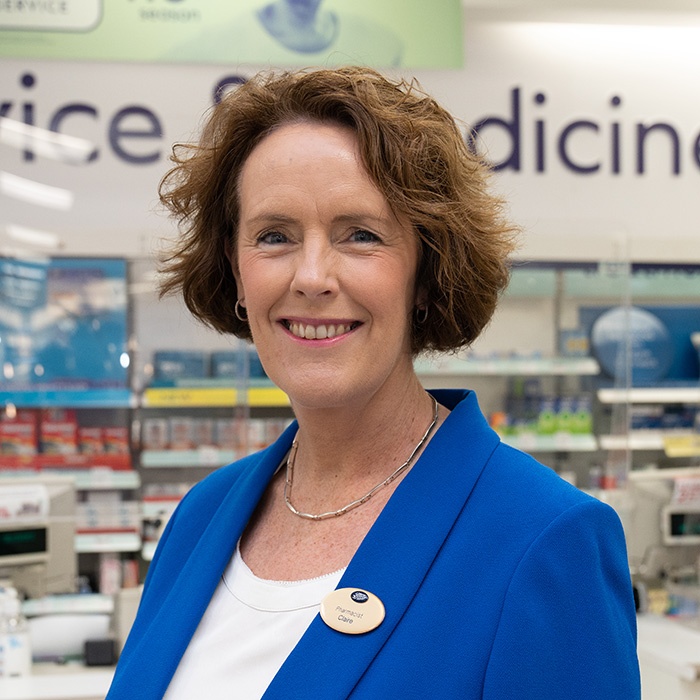Working together to understand and embrace responsible innovation
A message from Claire Nevinson, Pharmacy Superintendent:

The NHS is changing the way it operates in response to the shift in workload pressure. This is evident in the extended periods of treatment in Wales that allow a clinician to prescribe up to 84 days' worth of medication at a time and the batch dispensing process in Scotland. The use of technology to support dispensing has increased and our use of automation in the Dispensing Support Pharmacy (DSP) is an example of how innovation can help us to be fit for the future. Various dispensing systems used by some NHS hospitals and other community pharmacy PHR systems include functionality to support clinical checking and dispensing.
The Defined Duration Clinical Check (DDCC), introduced in some of our pharmacies, is one of the first steps towards a paperless prescription journey in Boots and uses technology to enhance the processes for team members. This tool provides the pharmacist with the information required to perform the clinical check in one place on the Columbus screen. The DDCC tool includes optional functionality that allows a pharmacist the decision to apply clinical checks for patients on stable medication regimes for an extended period. It enables the pharmacist to use their professional judgment to select the safest option for their patients and make the best use of their time.
The system was developed using a partnership approach with team members from Pharmacy Operations, the Superintendent Pharmacist's Office, and our field and store teams. We have followed the usual robust risk management process and have extensively piloted the system and procedures. We proactively engaged the General Pharmaceutical Council from the outset, kept them fully informed of our progress with the pilot and shared that we have now moved to rollout of the functionality.
I do understand that such changes may sometimes feel uncomfortable for pharmacy professionals. I am also mindful that some may query the position regarding Boots professional indemnity insurance cover in the event that they choose to use the DDCC tool and an incident occurs. Please be assured that the provisions of our professional indemnity insurance remain the same (a summary of these provisions can be found here). Please also be assured that my team and I will continue to support you fully as we navigate the changes in community pharmacy practice together. I truly believe that our commitment to responsible innovation, with advances in technology, will underpin the delivery of our core purpose and our provision of expert care and services for patients, as well as exciting and professionally rewarding careers for ourselves.
